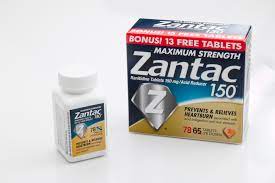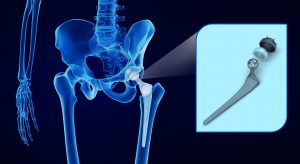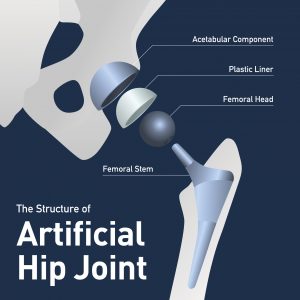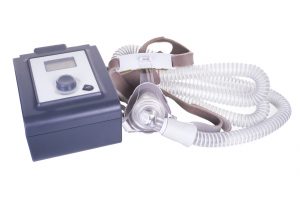 In any product liability litigation, the injured person must ultimately prove that the injury was caused by the defective product (legal causation). A relatively easy example is when a lamp explodes and burns an individual, and in the post-explosion investigation the plaintiff discovers the lamp’s wiring was faulty and unreasonably dangerous. In the Zantac (ranitidine) multi-district litigation (MDL), thousands of plaintiffs have come forward alleging that use of the heartburn medication caused their various cancers. I discussed how Zantac is alleged to cause cancer in previous posts. You can start here if interested. In a nutshell, however, studies have shown that Zantac may contain potentially dangerous levels of NDMA (N-Nitrosodimethylamine), which is a likely carcinogen in humans.
In any product liability litigation, the injured person must ultimately prove that the injury was caused by the defective product (legal causation). A relatively easy example is when a lamp explodes and burns an individual, and in the post-explosion investigation the plaintiff discovers the lamp’s wiring was faulty and unreasonably dangerous. In the Zantac (ranitidine) multi-district litigation (MDL), thousands of plaintiffs have come forward alleging that use of the heartburn medication caused their various cancers. I discussed how Zantac is alleged to cause cancer in previous posts. You can start here if interested. In a nutshell, however, studies have shown that Zantac may contain potentially dangerous levels of NDMA (N-Nitrosodimethylamine), which is a likely carcinogen in humans.
There are several ways that NDMA is thought to be present in Zantac medication, which you can read about here. The larger point is simple: you do not want to ingest NDMA, and you certainly do not want to ingest large amounts of NDMA, especially for months or years. Remember, millions of people have taken Zantac or the generic ranitidine, some for many years, so the potential consumer-health risk is widespread. Zantac has been recalled.
Because these studies link Zantac to NDMA, plaintiffs who used Zantac and later developed one of several cancers (reasonably) came forward and filed lawsuits against the manufacturers of Zantac. The original Master Complaint listed at least sixteen different cancers, with indications that the list was not exhaustive.

 North Carolina Product Liability Lawyer Blog
North Carolina Product Liability Lawyer Blog













